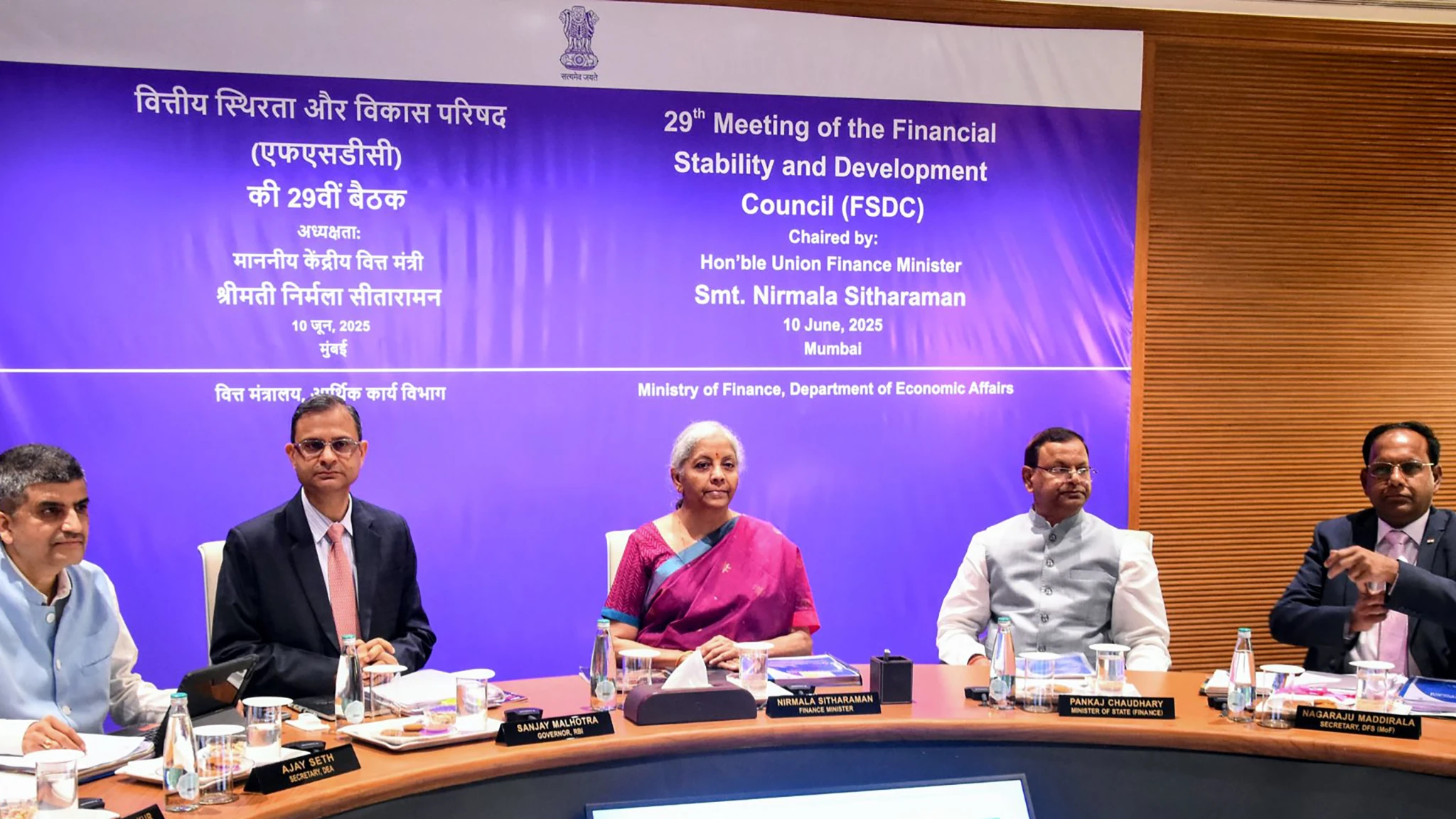Indian equity markets experienced a sharp plunge on Thursday as geopolitical tensions flared in the Middle East. The Sensex reacted strongly to the news of escalating conflict, mirroring global market anxieties. However, historical trends and underlying economic factors suggest this dip might be a temporary blip rather than a prolonged downturn. Simultaneously, the Reserve Bank of India (RBI) is proactively addressing potential risks in the financial sector, particularly concerning gold loans, signaling a move to maintain stability amidst evolving lending practices.
Global Tensions Test Market Nerves
The market’s knee-jerk reaction to the Middle East situation is understandable. Fears of a broader regional conflict and its potential impact on oil prices always rattle investor sentiment. Crude oil prices, currently around $74 a barrel, are being closely watched, especially concerning the Strait of Hormuz, a critical artery for global oil supply. Any disruption here could trigger a significant price surge, further dampening market spirits.
Yet, history offers a different perspective. As highlighted in news reports, past geopolitical events, like the Russia-Ukraine war, have triggered short-term market corrections followed by robust recoveries. The Indian market itself rebounded strongly after the initial shock of the Ukraine conflict. This resilience suggests that markets often discount geopolitical risks relatively quickly, refocusing on fundamental economic drivers. The upcoming corporate earnings season for the September quarter is likely to shift investor attention back to company performance and economic outlook, potentially overshadowing current global anxieties.
RBI’s Golden Grip on Lending
In parallel to global events, the RBI’s recent advisory on gold financing is a noteworthy development. This move appears to be aimed at new entrants in the gold loan market, including fintech firms and banks that have recently ventured into this space. The RBI is rightly prioritising transparency in gold valuation, loan usage, and cash disbursements, preemptively addressing potential risks associated with rapid growth in this sector.
This regulatory step is beneficial for established gold financing companies like Muthoot and Manappuram Finance, which already have robust systems in place. It also signals the RBI’s intent to ensure a stable and secure lending environment, particularly as gold loans gain traction, partly driven by partnerships like the one between Google Pay and Muthoot Finance to reach small businesses and consumers. While this might lead to some consolidation in the gold loan market, it ultimately strengthens the sector’s long-term health.
Will markets bounce back swiftly? Focus will likely shift to the upcoming earnings season as investors look beyond immediate global events and digest the implications of RBI’s regulatory moves. The underlying strength of the Indian economy and the proactive regulatory stance offer a sense of optimism amidst the prevailing gloom.










Leave a Reply